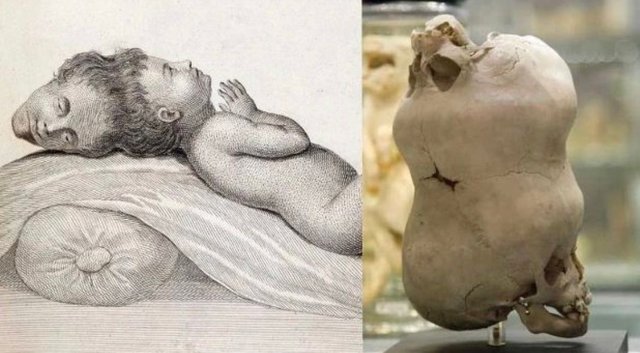In 1783, a child was born in Mundal Guat, Bengal, India, with two fully functional heads.
In 1783, a child was born in Mundal Guat, Bengal, India, with two fully functional heads. The midwife attending the birth was so horrified by this unusual sight that she impulsively threw the child into a nearby fire. Fortunately, the child survived the incident with minor burns.
Realizing the potential to earn money, the child's parents decided to take him to Calcutta, where people paid to see him due to his extraordinary condition. The two heads of the child exhibited independent actions and reactions. While one head would sleep, the other could be awake. Likewise, one head could cry while the other would display happiness. However, both heads responded differently to certain stimuli; for instance, one head was highly sensitive to light and had poor vision. Nevertheless, they both experienced pain in the same way.
Tragically, when the child turned four years old, his mother left to fetch water from a well, only to return and find the child dead. He had succumbed to a cobra bite.
Today, this condition is well-documented and referred to as craniopagus parasiticus, affecting approximately 2 in every 5 million children. Following the child's passing, his body was examined, revealing that both heads possessed their own brains and blood supplies. Remarkably, the child did not suffer from any other illnesses or ailments during his short life.
The child's skull can now be observed at the Hunterian Museum of the Royal College of Surgeons in London, where it stands as a testament to this extraordinary medical phenomenon.
